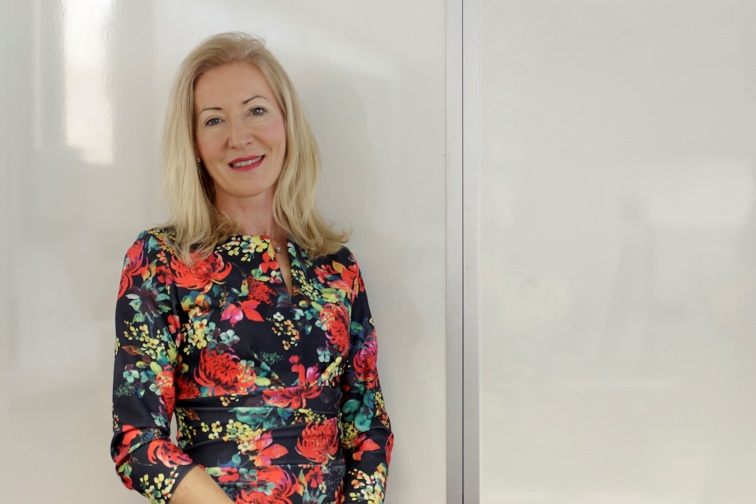MEN ARE MORE OPEN ABOUT THEIR MEDICAL CONDITIONS THAN WOMEN

ALTHOUGH THE majority of men are still not confident talking about their health, new research reveals that men are actually more open than women when it comes to talking about their existing medical conditions.
A survey of 2,006 UK adults by medical ID charity MedicAlert, has revealed that 40% of men are open with others about their conditions, compared to only 25% of women.
In addition, the research found that men actually feel less worried, uncomfortable, or stressed when talking about new or pre-existing conditions than women, showing that positive change is happening, and some feel more comfortable speaking up.
Whilst this is great news, it does mean that 60% of men with underlying conditions are still struggling to open up to others about their conditions.
The research reveals 24% don’t like to explain their condition to every person they meet, while 16% don’t discuss their health as they want to ease the burden on friends and family.
It’s clear from the research that many of us still struggle for varying reasons. However, hopefully more and more men – and women – will realise that they’re not alone and can find confidence in the fact that their peers will be open to what they have to say, with many having trodden the path of sharing already.
It’s critical that people are being encouraged to be open about their underlying conditions, as this could help save their life in an emergency. Unfortunately, whether an individual has or hasn’t shared their details with those closest to them may not be enough – if they are with unfamiliar people, alone or in an emergency, such as a car crash, they may be unable to speak for themselves when it matters most.
Something more people are doing is wearing a medical ID which communicates their vital medical information to emergency responders, helping to save their life.
Medical IDs are worn on the wrist or neck – these pulse points are the first checks made by paramedics. With so many styles and types now available, they fit with a person’s fashion or lifestyle with the most critical information discreetly engraved, keeping their information private while keeping them safe. It allows the wearer to feel confident that their specific needs will be known about, should the worst happen, without forcing the need to discuss their private details with people around them.
Ian Fleming, Charity Chair Trustee and member at MedicAlert, comments: “Whilst I don’t have any hesitation talking about my medical condition with my closest friends and family, my privacy is really important to me, especially when it comes to those I encounter through work. My job requires me to take multiple overseas trips every year and I don’t want to have to explain my condition every time I go to a new office.
“Having a way to discreetly carry my medical information with me, that is the perfect balance between privacy and safety, is key to allowing me to focus on my job with confidence. Knowing I am safe anywhere in the world, with MedicAlert, gives me peace of mind, as well as reassuring my wife, kids and colleagues.
“No matter how confident you are speaking to others about your condition, you never know what may happen in an accident – you may be all alone, not able to speak due to being unconscious or in shock, or even not able to speak the local language. I am always telling friends who have allergies or illnesses to get a medical ID – everyone should be protecting themselves, just in case.”
Kirsten Giles, CEO at MedicAlert comments: “Historically, men have been perceived as less likely to talk about anything that makes them feel uncomfortable or vulnerable. It is great that we are now seeing men becoming comfortable with being open about their medical needs. However, in an emergency, you can’t always talk for yourself.
“Medical IDs make sure that paramedics and other emergency services are aware of their vital medical information, enabling life-saving treatment to be provided, without delay.
“At MedicAlert, we’re seeing more men joining the charity, protecting themselves with our medical IDs and service. Having previously been encouraged by the women in their lives, we are now seeing them initiate the process themselves.
“We encourage every man – and woman – who lives with a condition that would make them vulnerable in an emergency to take proactive steps to protect themselves.”




